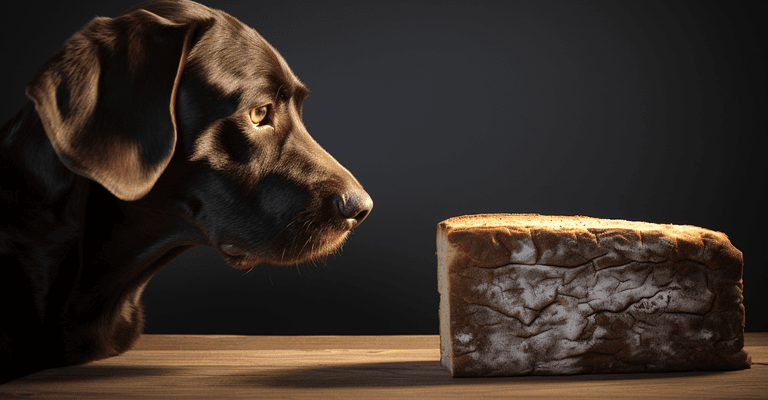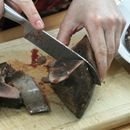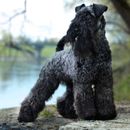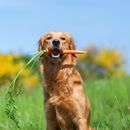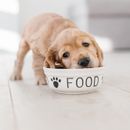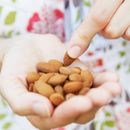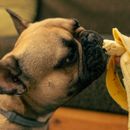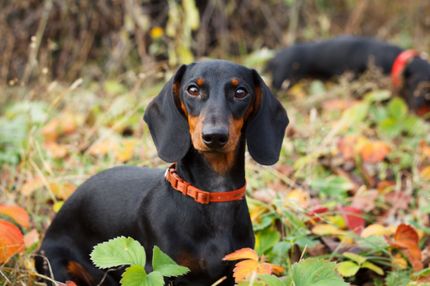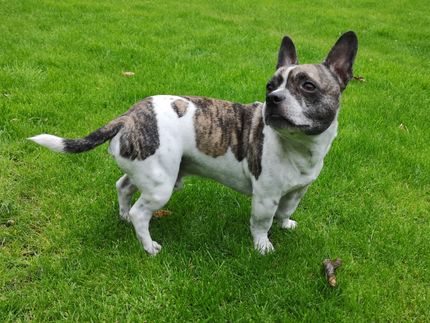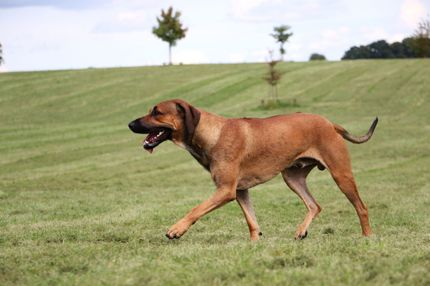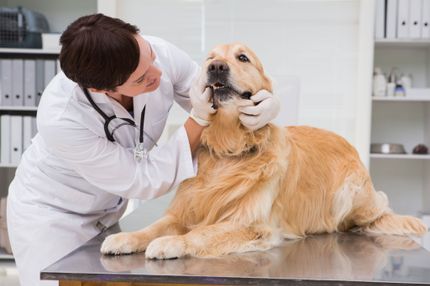Yes, dogs are allowed to eat bread as long as it is given in moderation and does not contain harmful additives.
A few things dog owners* should keep in mind when the dog eats bread:
- Plain Bread: White or whole grain bread is generally safe for dogs as long as it does not contain any additional ingredients that could be toxic to dogs. However, it should only be given as an occasional treat and not as a main food.
- Additives: some types of bread may contain raisins, nuts or other ingredients that are toxic to dogs. For example, raisins and onions are toxic to dogs and can cause health problems if eaten.
- Yeast: Raw yeast dough can be dangerous to dogs. When a dog eats raw yeast dough, the yeast can ferment in the dog's stomach, producing alcohol and gas. This can lead to alcohol poisoning and gastric dilatation (bloating), both of which can be life-threatening.
- Calories: Bread contains calories, and too much of it can cause weight gain. If you give your dog bread, be sure to keep track of his total caloric intake and make sure he is getting a balanced diet.
- Allergies: some dogs may be allergic to certain ingredients in bread, so watch your dog for signs of an allergic reaction when you first give him bread.
Overall, bread in small amounts is generally safe for dogs as long as it does not contain harmful additives. However, it should be considered a treat and not a regular part of the diet. If you are unsure or have questions about feeding your dog, you should always consult your veterinarian.
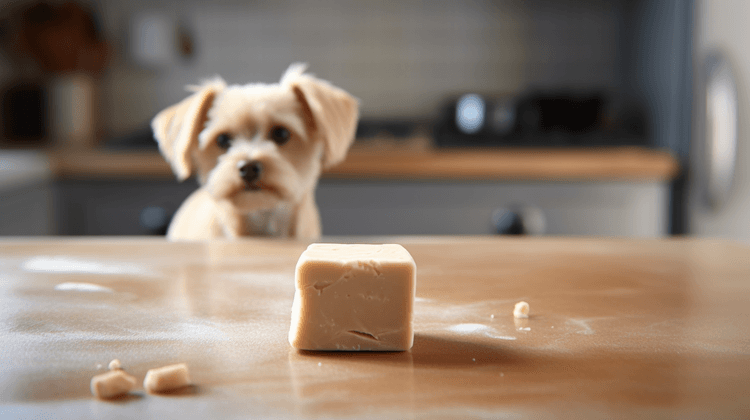
Danger in the dough: Why fresh yeast and sourdough have no place in the dog's bowl!
Yeast and sourdoughs are popular ingredients in many kitchens for baking bread and other baked goods. But they pose a potential hazard to our four-legged friends. Here are the reasons why you should never feed fresh yeast or sourdough to your dog:
- Fermentation process in the stomach: when dogs eat raw yeast or sourdough, the yeast can continue to ferment in the stomach. This leads to the formation of alcohol and gas. The gas formation can distend the stomach and cause life-threatening gastric torsion (torsion).
- Alcohol poisoning: alcohol produced in the stomach can lead to alcohol poisoning in dogs. Symptoms can include vomiting, disorientation, shortness of breath, decreased coordination and, in severe cases, even coma or death.
- Acidity: Sourdough contains naturally occurring acids that can irritate a dog's gastrointestinal tract, causing stomach upset or diarrhea.
- Blockage: Large amounts of raw dough can get stuck in a dog's gastrointestinal tract and cause a blockage that may require emergency veterinary treatment.
- Additional ingredients: Some dough recipes may contain ingredients that are additionally harmful to dogs, such as raisins, xylitol, nuts or chocolate.

Be careful what you eat: Why bread in moderation is better for dogs
Bread can be a useful addition to your dog's diet in certain situations, such as to relieve diarrhea. But as with so many things in life, it all comes down to the right amount. Excessive bread can have undesirable consequences for your four-legged friend's health.
Weight management and bread
Increased consumption of bread can contribute to your dog's weight gain, mainly because of its high carbohydrate content. Uncontrolled weight gain carries the risk of secondary diseases that can affect your dog's quality of life. For active dogs who get plenty of exercise on a regular basis, the occasional piece of bread may not be a problem. But it's important to keep that in mind and monitor overall caloric intake.
Healthy teeth, healthy dog
The carbohydrates in bread can turn into sugars that easily stick to teeth and gums, especially on fresh bread. This can contribute to plaque buildup and potentially lead to dental problems such as tooth decay or periodontitis. A possible solution could be to feed dried bread, which is less likely to stick to the teeth and can therefore reduce the risk of dental problems.
Finally, it is important to always keep balance and quality in your dog's diet. An occasional indulgence in bread is fine, but should always be considered in the context of the dog's overall diet and health.
